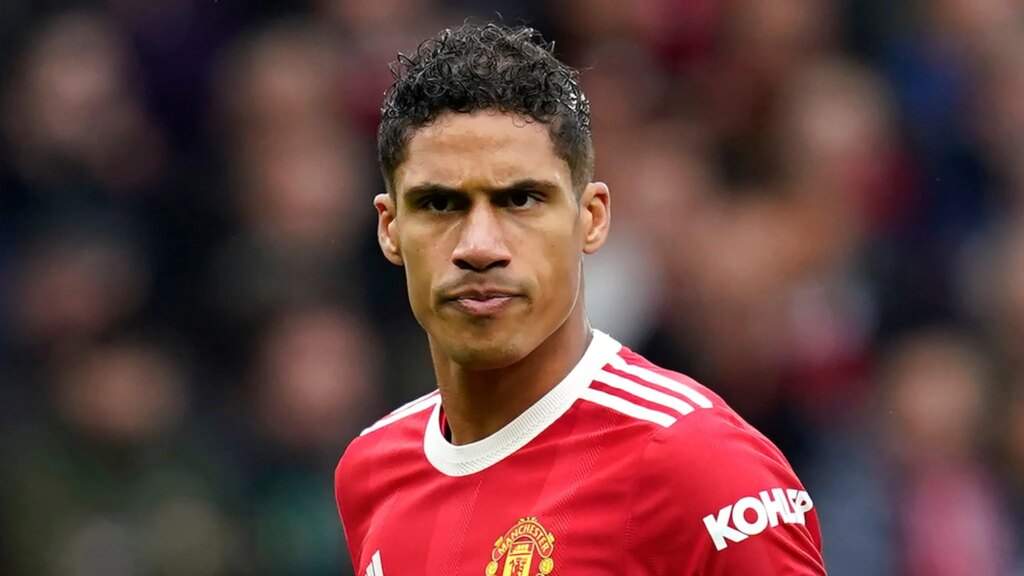Manchester United’s Raphael Varane recently opened up about the toll heading the ball in football has taken on his body, expressing concerns about the long-term effects of such repetitive actions. The French defender, known for his success in heading the ball, revealed that he has experienced fatigue and eye strain after heading the ball multiple times during a match earlier this season.
Varane’s personal experience has led him to advise his seven-year-old son against using his head while playing football, emphasizing the potential harm that repeated head impacts can have over time. Despite the immediate gratification of heading the ball, Varane acknowledges the unseen damage it can cause to the body in the long run.
In a candid statement, Varane shared, “I don’t know if I will live to be 100, but I know that I have damaged my body.” He likened footballers to soldiers, tough individuals who are accustomed to pain and physical strain, but emphasized the importance of recognizing the subtle symptoms that can arise from repetitive head impacts.
As Varane navigates the physical demands of professional football, his reflections on the impact of heading the ball serve as a poignant reminder of the sacrifices athletes make for their sport. His story sheds light on the hidden consequences of a seemingly routine aspect of the game, prompting a reevaluation of the risks associated with heading in football.
Through Varane’s candid revelations, a deeper conversation emerges about the long-term implications of heading the ball in football, urging players, coaches, and parents to consider the potential consequences and prioritize player safety above all else. As the debate surrounding head injuries in sports continues to evolve, Varane’s personal journey serves as a powerful testament to the importance of protecting athletes’ well-being on and off the field.
